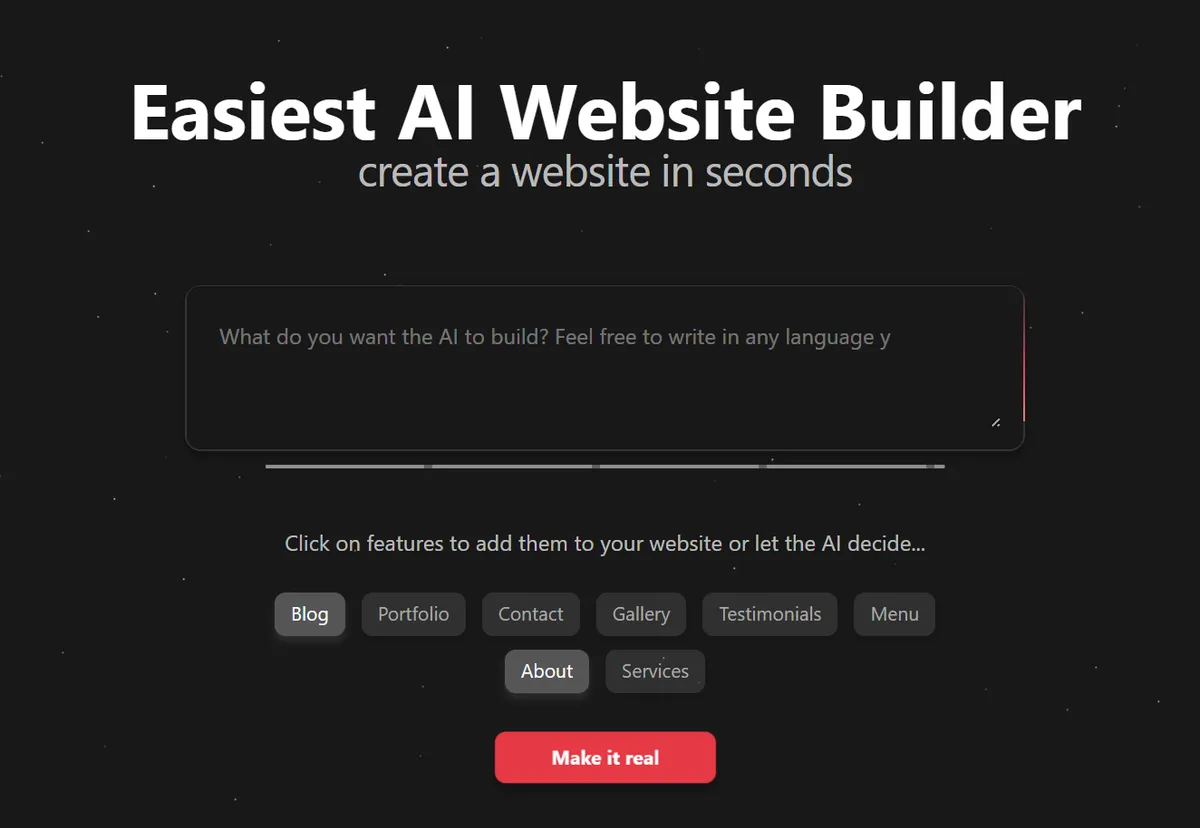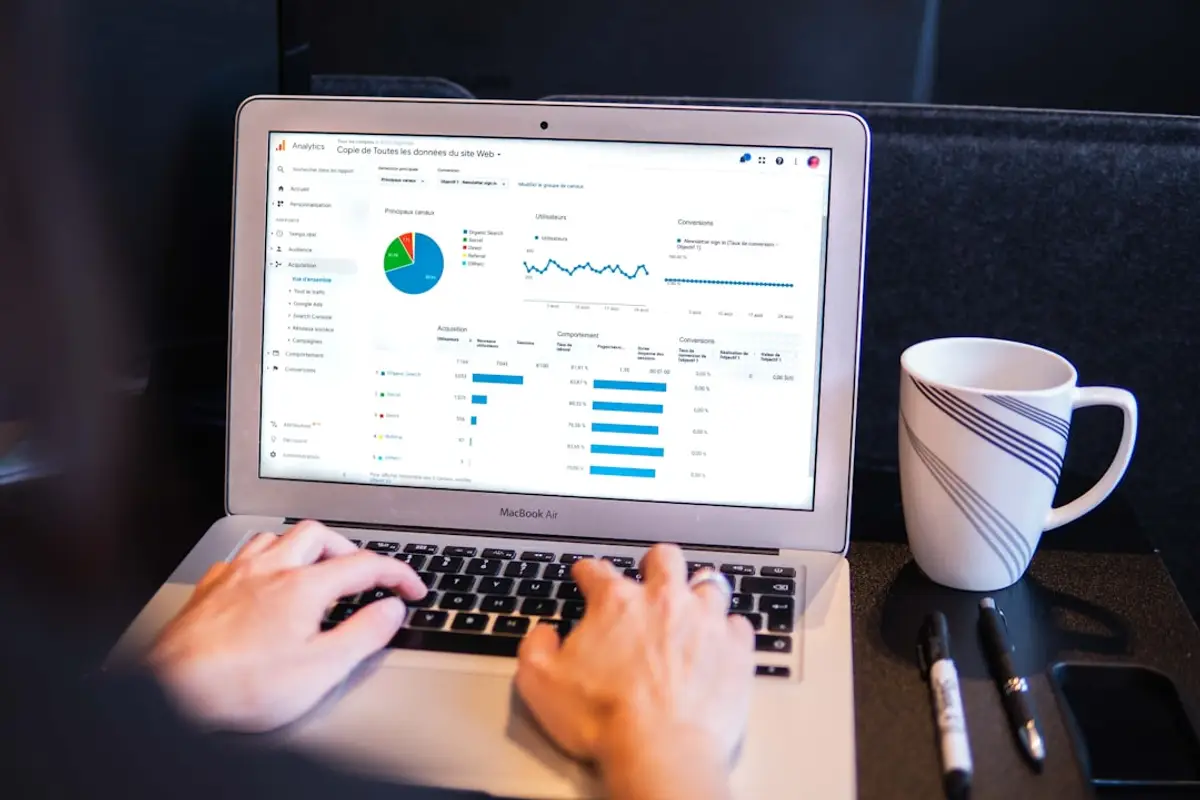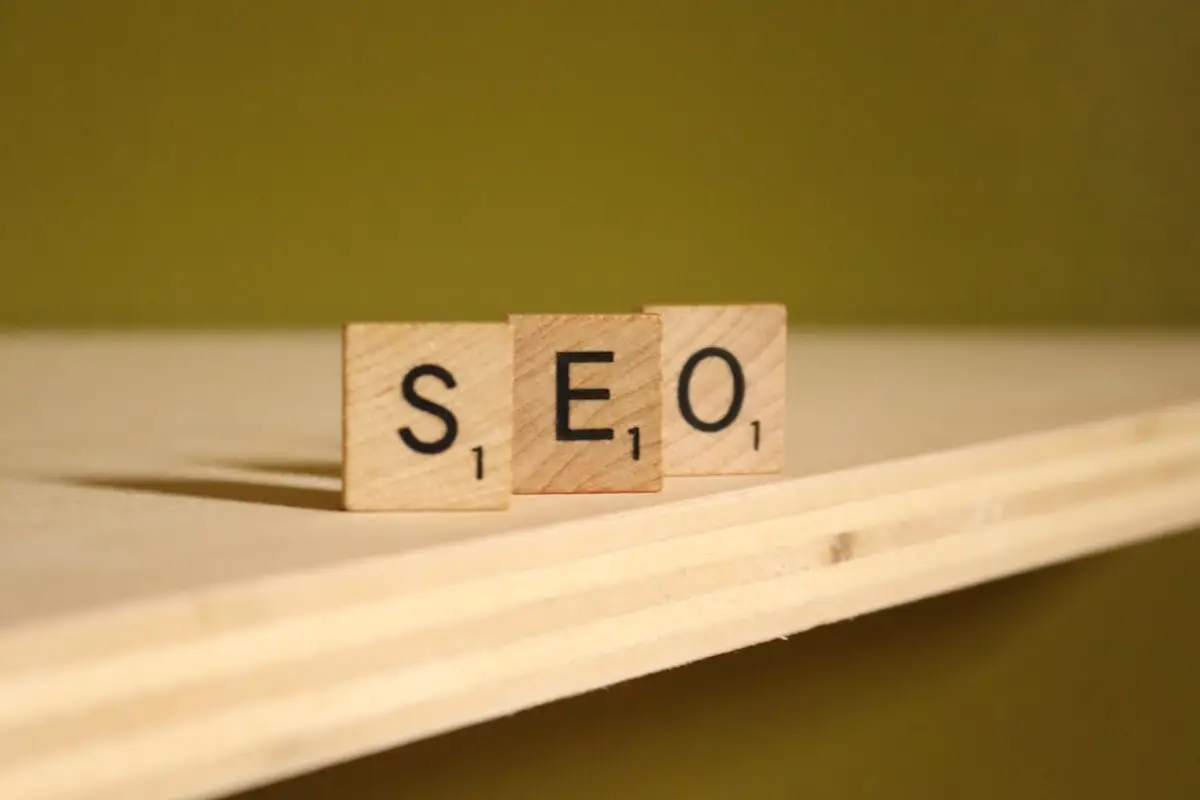Can AI-Generated Websites Rank on Google? The SEO Potential Explained
Can a website built almost entirely by artificial intelligence break into Google’s top search results?
In 2024, AI-generated websites have become more advanced and accessible than ever - fueling heated debates about their real SEO potential.
Digital marketers and business owners increasingly wonder: Are these AI-created sites just digital noise, or can they compete with traditional, expertly crafted web pages for valuable Google rankings?
This article demystifies the challenge. You’ll discover how Google evaluates AI-generated content, the current strengths and limits of SEO for AI websites, and the practical steps you can take to optimize these sites for search success.

How Google Judges Content: E-E-A-T for AI-Generated Websites
Google’s search algorithms are designed to reward content that genuinely helps users. It doesn’t matter whether a person or a machine creates it, what counts is value and reliability.
For AI-generated websites, this means your content must address real questions, provide accurate information, and meet high standards for clarity and trustworthiness.
Central to Google’s assessment is the E-E-A-T framework: Experience, Expertise, Authoritativeness, and Trustworthiness. These principles signal whether users can rely on your site’s information.
AI content alone rarely achieves these qualities. To boost E-E-A-T, combine AI with human insights, add stories, cite credible sources, or offer unique analysis grounded in experience. This hybrid approach gives your website the best chance to meet Google’s ranking requirements.
What AI Website Generators Can - and Can’t - Do for SEO
AI-driven website builders can launch a site within hours. Their main advantage lies in quickly creating large amounts of well-formatted, on-topic content — ideal for small businesses or creators lacking coding skills.
However, effective SEO for AI websites requires more than just speed and volume. Automated content often misses the mark on depth, failing to include case studies, up-to-date examples, or the unique voice needed to stand out in Google’s rankings.
For instance, an AI might draft dozens of product descriptions in seconds, but without human review to add real customer stories or explain subtle differences, those pages may feel thin and struggle in competitive search results.

How Does Google Respond to AI-Generated Website Content?
Google’s stance is straightforward: AI-generated content isn’t banned. What matters is value, originality, and genuine usefulness, not the method of creation (Google Search Central, March 2024).
If your AI-driven pages offer clear, relevant answers and are crafted with the audience’s needs in mind, they can perform as well as human-written ones in Google rankings.
Problems arise when sites rely on mass-produced, auto-spun, or duplicate content. Google algorithms now target shallow AI-generated material, issuing penalties or de-indexing offenders, especially since its 2024 algorithm update.
To keep your site safe and competitive, always edit and enrich automated drafts. Add real insights, fact-check, and tailor each page to your audience’s search intent.
Key Insight: Let AI handle repetitive tasks and bulk drafts, but root every page in real expertise, unique perspectives, and user value.
Case Studies: Can AI-Generated Websites Really Rank on Google?
Recent experiences from digital marketing experts suggest that AI-generated websites can achieve strong Google rankings, especially when combined with professional SEO strategies and careful editorial oversight.
Niche sites that integrate AI-generated content with human-edited copy, credible sources, and solid technical SEO often perform better in search results, sometimes reaching top positions.
However, success is not guaranteed. Websites that focus on producing large volumes of generic AI content without quality control tend to struggle with stagnant rankings or traffic losses. This trend has been notably influenced by recent Google algorithm updates, which aim to demote shallow and unoriginal content.
See a step-by-step analysis of an AI-powered SEO solution in action in our Wix SEO Effectiveness Case Study.
Best Practices: Optimizing AI-Generated Websites for Google Rankings
To help your AI-generated website stand out in Google’s search results, focus on these proven optimization steps:
Review, rewrite, and enrich all AI-generated content — don’t let generic copy stay unedited.
Add real data, expert quotes, and hands-on examples to give your pages original depth.
Organize each article with logical headings, short paragraphs, and descriptive meta tags.
Optimize images with concise alt text, and manually update all page titles and descriptions.
Design for mobile devices and ensure full accessibility.
Technical SEO is essential — implement schema markup, compress images, and continually monitor speed to pass Core Web Vitals. Google explicitly states that structured data and rapid page loads influence ranking and indexation.
Update high-performing pages to reflect new search trends and algorithm changes.
Use internal links strategically to guide users and amplify site authority.
Best AI Tools for Generating Content: Discover top-rated tools to supercharge your AI website’s SEO performance.

4 SEO Mistakes That Hold Back AI-Generated Websites (And How to Solve Them)
Publishing unedited AI content undermines credibility. AI often introduces factual errors, awkward phrasing, or out-of-date references. For example, a financial blog that posts AI-generated tax advice without review risks sharing obsolete or incorrect regulations — damaging both user trust and rankings. Always fact-check and edit before publishing.
Flooding your site with thin, generic pages triggers quality filters. Search engines like Google warn against content created mainly to rank well, especially if it lacks depth or originality. Instead, focus on developing thorough, well-organized resources on each topic to demonstrate expertise.
Neglecting topical authority limits your site's SEO for AI websites. If you skip internal links or ignore related subtopics, your pages may appear isolated and incomplete. Group content into well-organized hubs and reference supporting articles to strengthen your site’s thematic relevance.
Forgetting about user engagement and unique value disconnects you from Google ranking factors. AI-generated content alone rarely supports visuals, multimedia, or original data. Enhance your pages with custom charts, interactive tools, or expert commentary to meet experience-driven ranking standards.
To maximize your AI website optimization efforts, regularly audit and update your AI-generated sites. Websites that continuously improve and refresh their content tend to outperform those relying solely on automation.

How to Blend Human Expertise with AI for Advanced SEO on AI-Generated Websites
Use AI for data tasks, but let experts shape the strategy. Let AI surface trending keywords, analyze competitors, or organize outlines. For example, you might use AI to identify untapped queries about 'SEO for AI websites', but your team should decide which align with your unique brand promise, regulatory context, or intended audience.
Apply editorial review to every AI output. Never publish raw text straight from a model. Human editors should verify facts, adjust language for clarity and nuance, and add insights only humans possess. A health website, for instance, needs practitioner validation before offering AI-assembled advice.
Combine case studies, original data, or real-world perspectives with AI-generated content. Share specific customer stories, outcomes, or your own research findings. This hybrid approach delivers the distinctive value and real-world authority today's Google ranking algorithms reward.
Think of AI as your assistant — swift, scalable, but only as sharp as the human mind guiding it. Leverage AI to accelerate research and structure, but rely on people to deliver tone, depth, and context. This partnership produces AI content best practices that set your site apart and fuel lasting SEO gains.

Key Takeaways & Next Steps: Is Investing in AI Website SEO the Right Move?
Well-optimized AI-generated websites can achieve strong Google rankings — if they balance automation with rigorous human oversight.
Efficiency alone does not guarantee SEO success. What truly matters is a consistent focus on search intent, content depth, and delivering real value to users. Successful websites regularly update their AI-generated content, address genuine reader needs, and combine the speed of machines with human insight.
Ultimately, the best results come from leveraging technology and expertise in tandem. This approach not only meets Google's ranking standards, but protects your site from algorithm shifts and changing industry trends.
Start optimizing your AI-generated website today — apply these strategies to maximize rankings and secure your SEO future.
Instago.ai helps to improve your website's SEO. It uses smart technology to find the best keywords, make your content more visible, and monitor your site's progress. Whether you want to rank higher on search engines or get more visitors, Instago.ai offers the help you need to reach your SEO goals. Try it now.